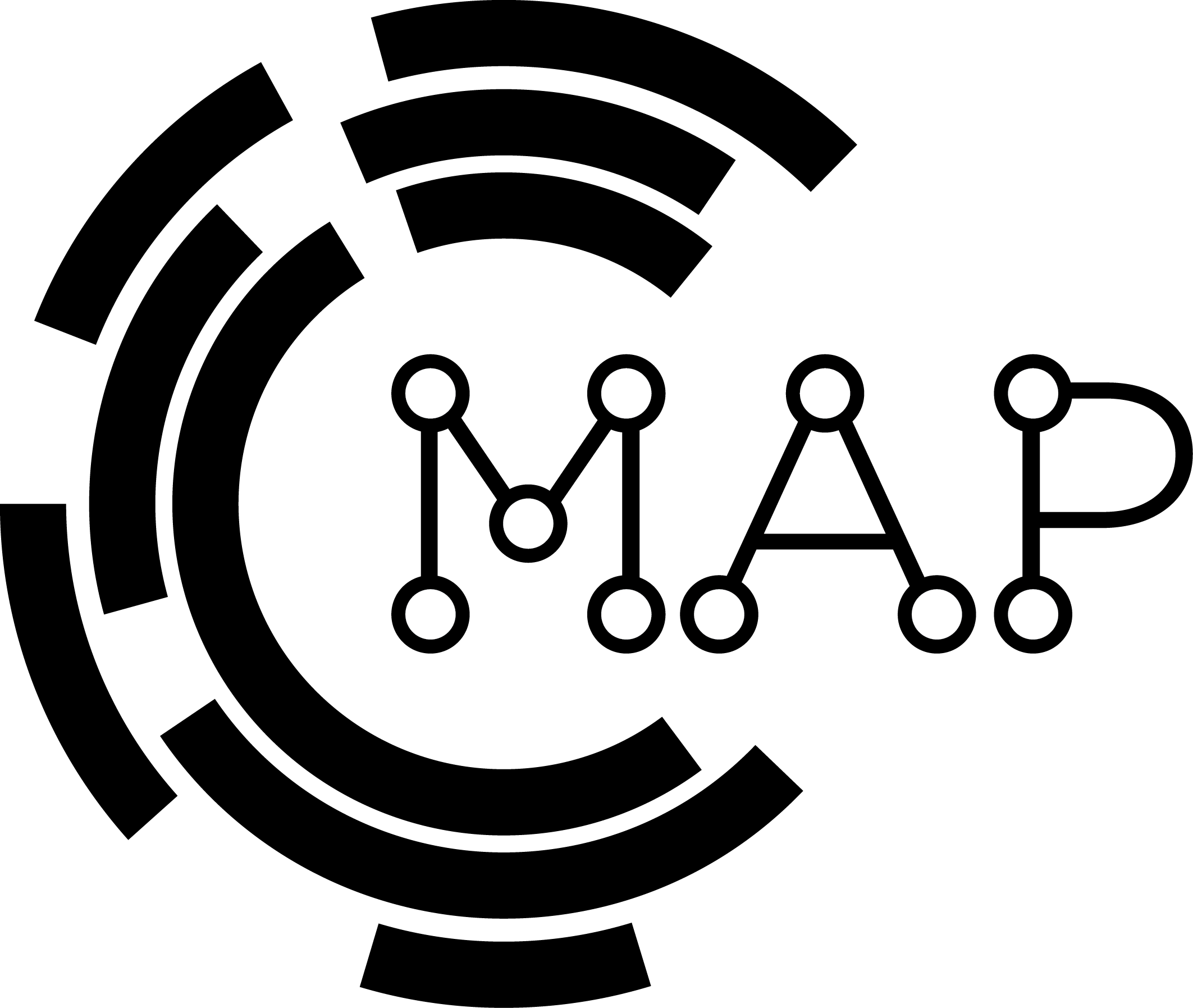methods to systematically mutagenize the human genome
Leveraging array-based DNA synthesis, gene editing and contemporary molecular biology methods, we are developing new approaches to mutagenize the genomes of cultured human cells. We are combining editing of endogenous loci throughout the genome with expression of libraries from safe harbor sites.
molecular phenotyping strategies for genetic variants
We are generating faithful mini-gene models and use them to assess the impact of non-coding variation on gene regulation and splicing. We are using mass spectrometric analysis to assess protein variant abundance, solubility, thermal denaturation, interactions, turnover, and subcellular localization.
cellular phenotyping strategies for genetic variants
To complement our molecular phenotyping approaches, we are developing methods to assess variant effects on more complex cellular phenotypes. We are using a novel, multiplex cellular phenotyping technology to assess variant effects on morphology, internal organization and behavior. We are also using massively parallel single-cell molecular profiling to assess variant effects on global transcription.



